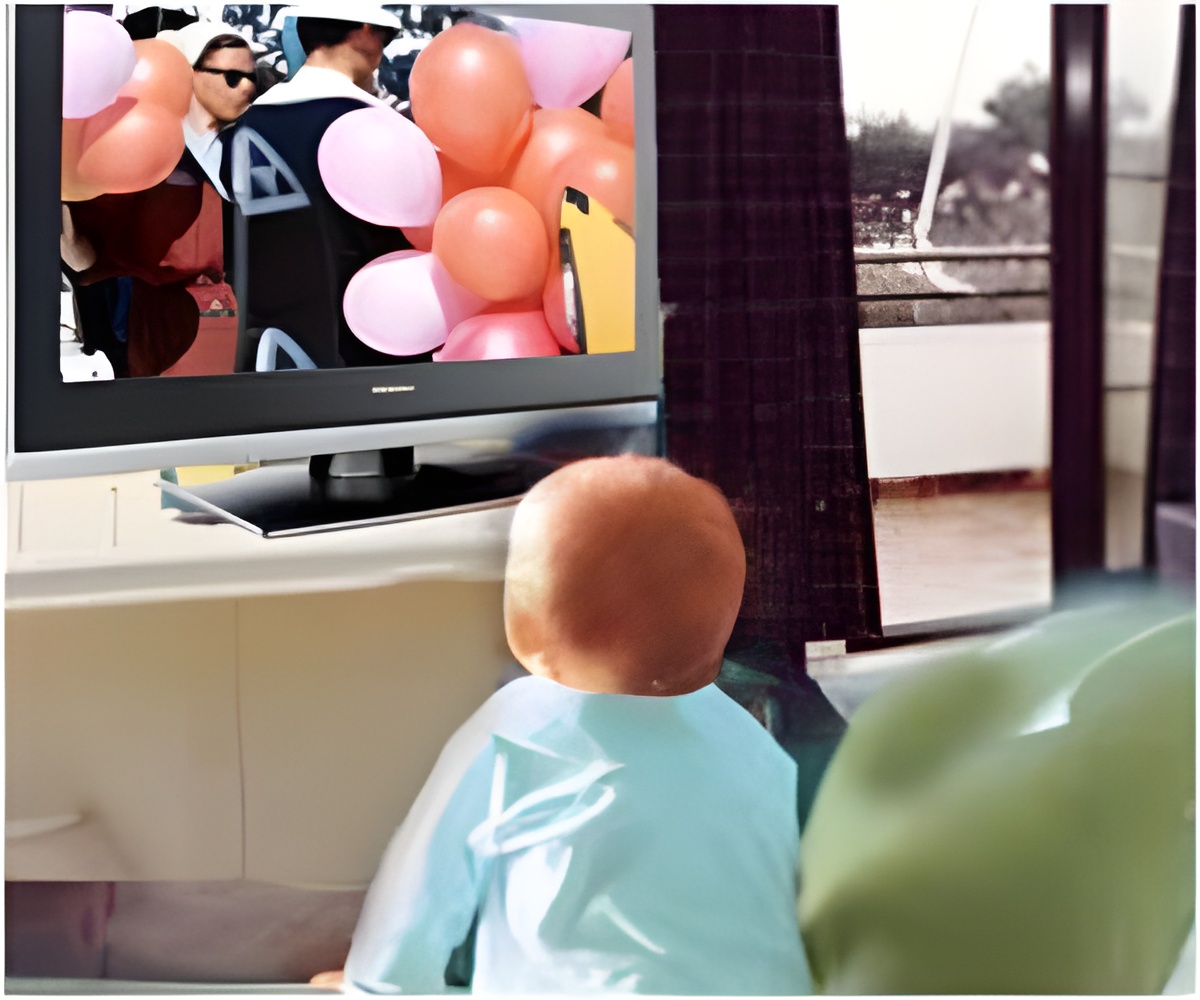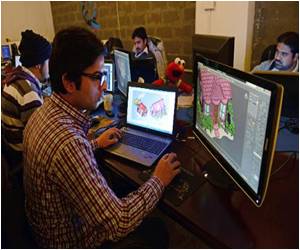It was fairly small number of children on average that were affected by Scary TV suggesting that most children are fairly resilient to scary things on TV.

The researchers found that overall children show very little signs of increased anxiety, fear, sadness or sleep problems. The findings further suggest that children are fairly resilient to scary things that they might see on TV.
Professor Andy Field said that across studies, scary TV had an impact on a child’s wellbeing, but it was fairly small on average, suggesting that most children are not affected very much at all.
Professor Field suggested that it is too simplistic to place all the blame for the rise of anxiety in children on increased exposure to media.
The researchers also noted that TV guidelines focus on violent content at the expense of non-violent but frightening content such as worrying news reports or content depicting psychological stress or phobias.
The research is published in the journal Human Communication Research.
Source-ANI
 MEDINDIA
MEDINDIA




 Email
Email





